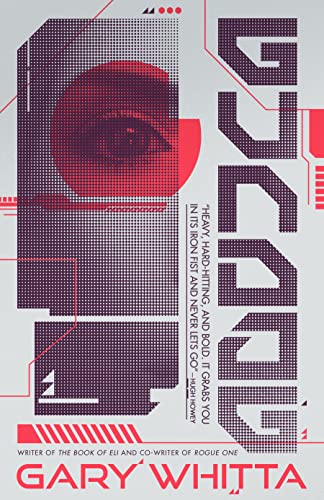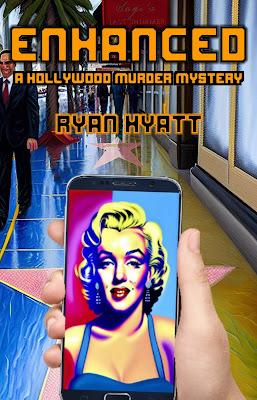I came to understand that no one asked more questions than Luke and that he was genuinely interested in the world and in people. He wanted to know. But the questions weren’t just for him. Luke’s questions were a way of helping the people he talked to understand themselves.
And Luke asks the right questions. He asks questions about what drives you, where your head is, where you’ve been and where you’re going. But then sometimes when Luke asks a question to you, you realize that the most vital thing is that you’ve got a question to answer and a friend that cares to listen. Sometimes the question doesn’t have to be meaningful. It can just be, what songs can you play? And that opens a whole world.
Luke’s The Field of Plenty is a book of questions. When a young man, Mitchell, with a future in football loses his father, he loses touch with who he is. After suffering an injury and taking pills to mask physical pain, Mitchell discovers the pills can mask other kinds of pain too. The journey back to wholeness requires Mitchell to look at himself again and accept the broken parts. And simultaneously he has to look at others and accept them—like his mother who has her own substance abuse problem. Ultimately, the great question in this book is, “How do we experience a life of plenty? How do we live in fulfilment?” Like Mitchell, we all have our own answers to those questions, but they aren’t always the right ones. It takes bravery to look in a mirror and find fulfillment in what we see, all the broken parts included.
With Field of Plenty, we have Luke to thank for asking all the big questions and the small ones too.




